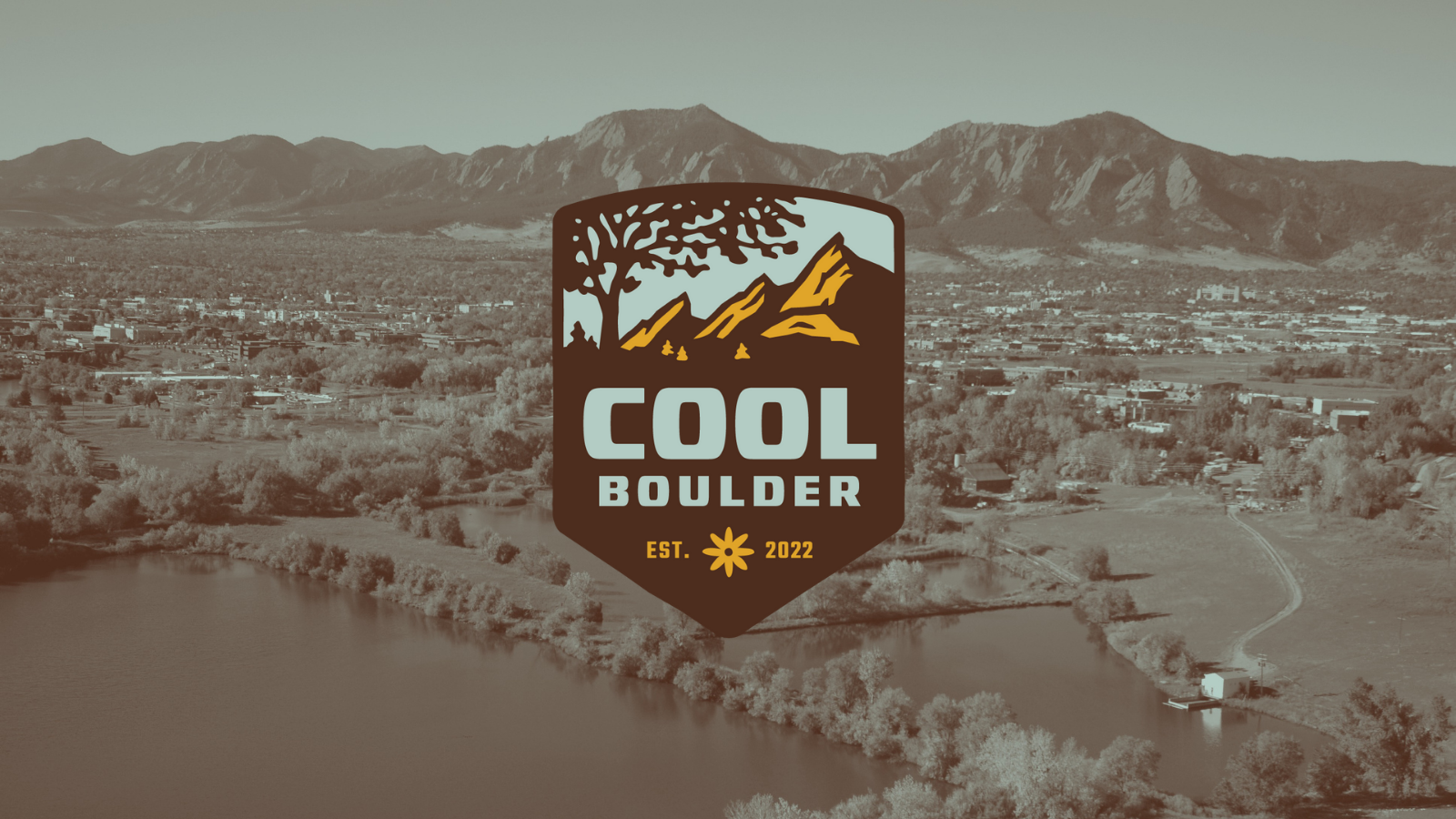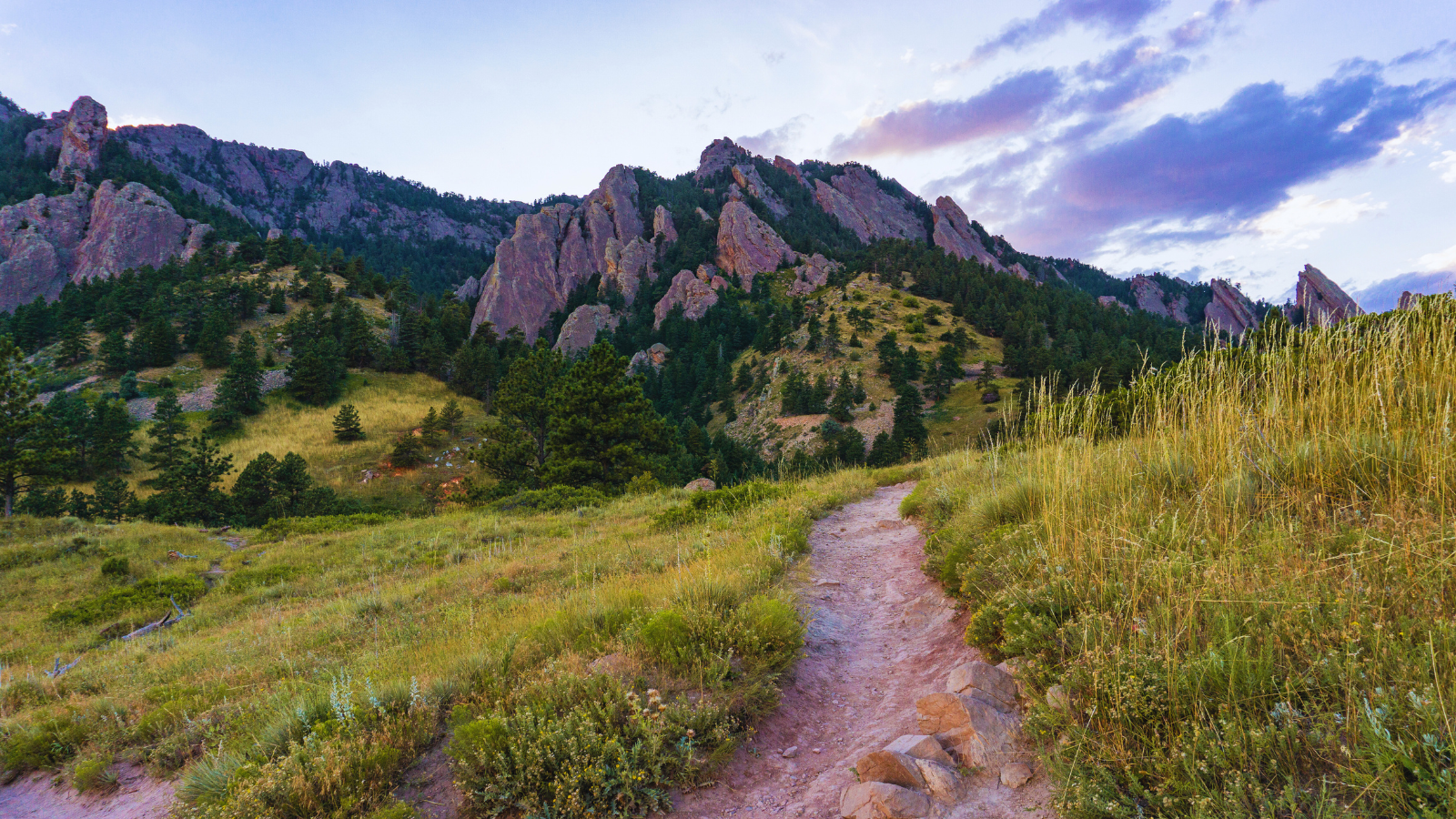Biodiversity is the variety of life on our planet.
Different types of animals, plants, bacteria and fungi live together in communities, called ecosystems. Humans are also part of ecosystems despite sometimes feeling separate from them.
Our planet is a complex and fine-tuned system made up of many overlapping ecosystems.
All life is connected, so when species disappear at a fast rate, our entire planet feels the impact.


